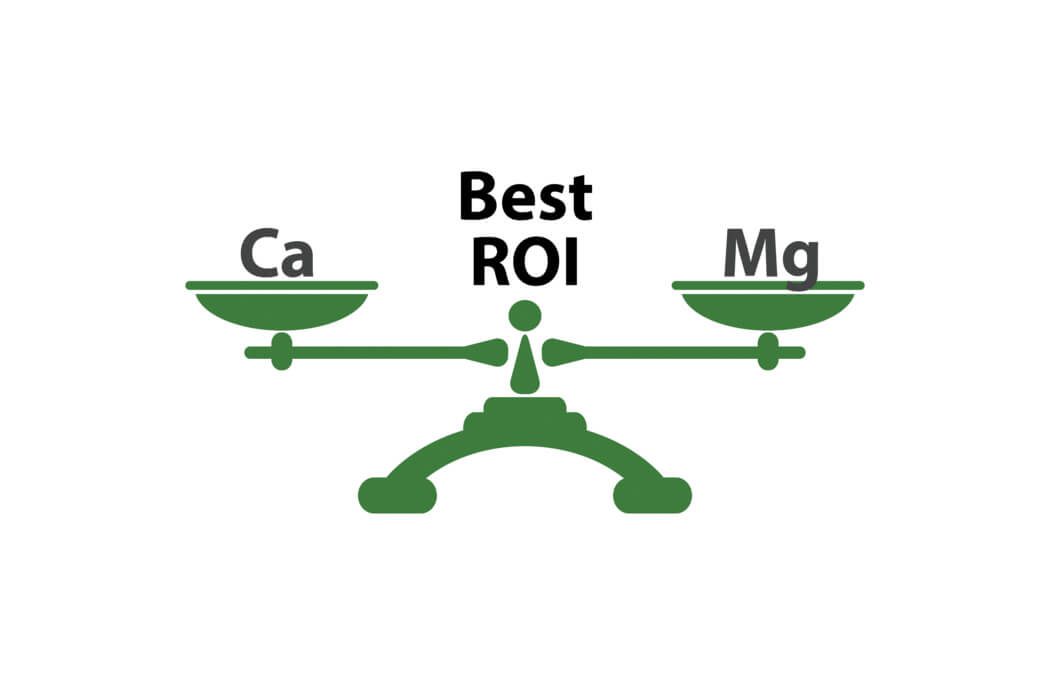
by Ron Schlecht | Mar 20, 2017 | Successful Farming |
What is the return on investment (ROI) of using the Premium Growing System? Let’s start with the importance of balancing calcium and magnesium in the soil. This concept is the cornerstone of the Premium Growing System under the Kinsey/Albrecht system used and followed by David Nelson at Pedogenesis.
Calcium and magnesium are considered as elements of secondary importance by the conventional ag industry and the makers of commercial fertilizers, but the truth is that for the soil, calcium and magnesium are primary in importance both in quantity and their bio-chemical importance.
All minerals must go through calcium to get to the plant. Nothing can live without calcium and magnesium, including the human body. Excesses or deficiencies of both nutrients affect whether the plants absorbs many other nutrients it needs to produce maximum yields.
Excess calcium ties up important trace minerals, which are essential in the balance scheme for high yields on all crops. Too little calcium causes magnesium levels to rise, which are poisonous to all crops in excess, especially legumes like alfalfa and soybeans.
Both minerals are tied to the Total Exchange Carrying Capacity (TEC) of your soils, which is determined by how much clay you have, the type of clay you have, and the organic matter in your soil.
For example your soil tests indicate that your soil’s TEC ideal calcium/magnesium balance would be 68% calcium and 12% magnesium. If magnesium is higher than 20% the cost of error on corn is at least 15 bu. of corn per acre. If the magnesium level is under 10% the error is 10 to 30 bu. per acre loss in corn. These errors affect your ROI in a big way!
Most of our soils in Western Minnesota and the Dakotas are low in calcium and high in magnesium, with levels of magnesium at 30-40% plus on some ground. Imagine getting the magnesium in balance with calcium and the yield of corn, soybeans and wheat would be maximized and your ROI goes up!
The amount of nitrogen to produce one bu. of corn or soybeans is affected by the level of calcium/magnesium in your soil. With magnesium soils above 20%, it will take 1.5 lbs. of nitrogen to produce one bu. of corn. With ideal magnesium at 10% to 15%, nitrogen requirement is only 1 lb of N to produce one bu. of corn. That is a .5 lb. additional N to produce that 1 bu. of corn. That works out to be an additional 100 lbs. of nitrogen on a 200 bu. corn crop. What is the cost of Nitrogen these days? That’s a hit to your ROI. This gets even worse in legumes. To achieve maximum legume production magnesium needs to be under 12% but greater than 10%. Balance!
With the Premium Growing System the need for balance of all minerals, not just calcium/magnesium, is vital to maximizing yield of all crops, which gives you more bu. or lbs. to sell, maximizing your ROI.
What are your biggest frustrations with ROI? Comment below.
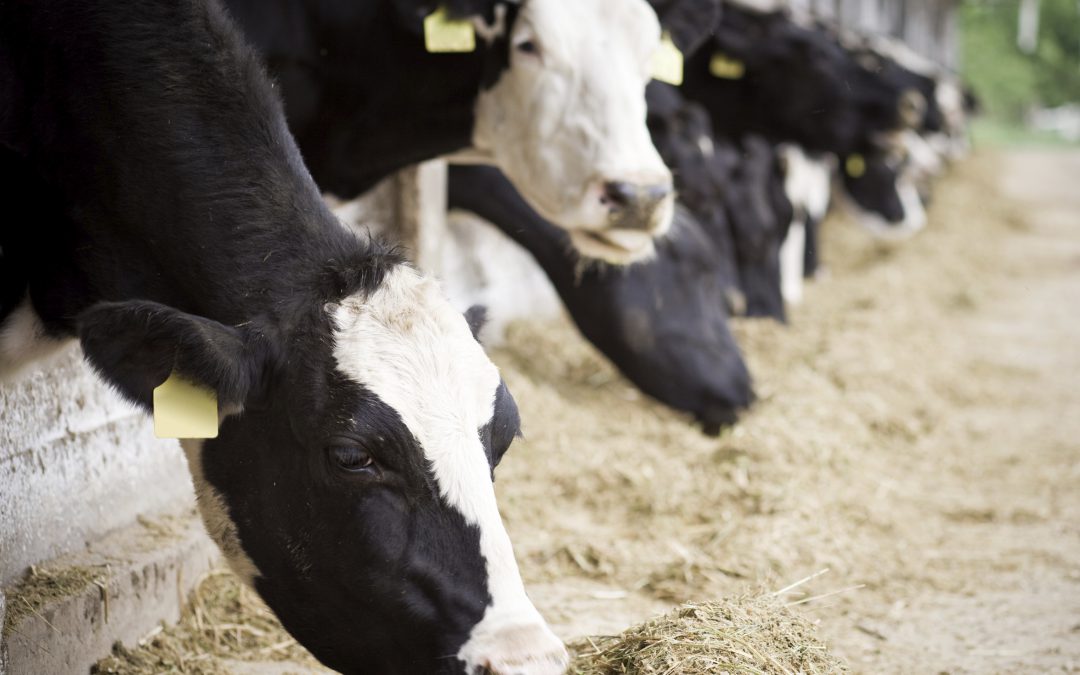
by Pedogenesis Inc | May 28, 2016 | Successful Farming |
For anyone who feeds livestock, the growing of high quality, healthful forages should be your number one concern. Healthy food will provide you maximum production as well as promote their health and well-being. High quality hay can be an excellent cash crop in many parts of the country. Alfalfa has been called the “queen of forages” because of its remarkable ability to produce high yields of nutrition under a wide range of soil and climate conditions.
How do we raise high quality forage for our animals? What is the definition of ‘high quality’? High quality forage is predictable in yield and quality despite some of Mother Nature’s influences. Everyone knows of areas on their farm or a neighbors that seem to defy the rules and always outperform other areas. Many times it is the mineral profile in that soil. Dr. William A Albrecht spent his life identifying that profile. Through this process we can convert all of your soil to that same predictable high yield, high quality crop, year in and year out.
How do we raise high quality forages? The most important factor that determines the quality and yield of a crop is soil. Soil fertility and soil conditions play a major role in plant growth and crop yield and most of all quality.
Pedogenesis will help you identify the strength and weakness of your soil through an in depth soil mineral audit. Call or email us for more information.
1-218-630-5531 Contact Us
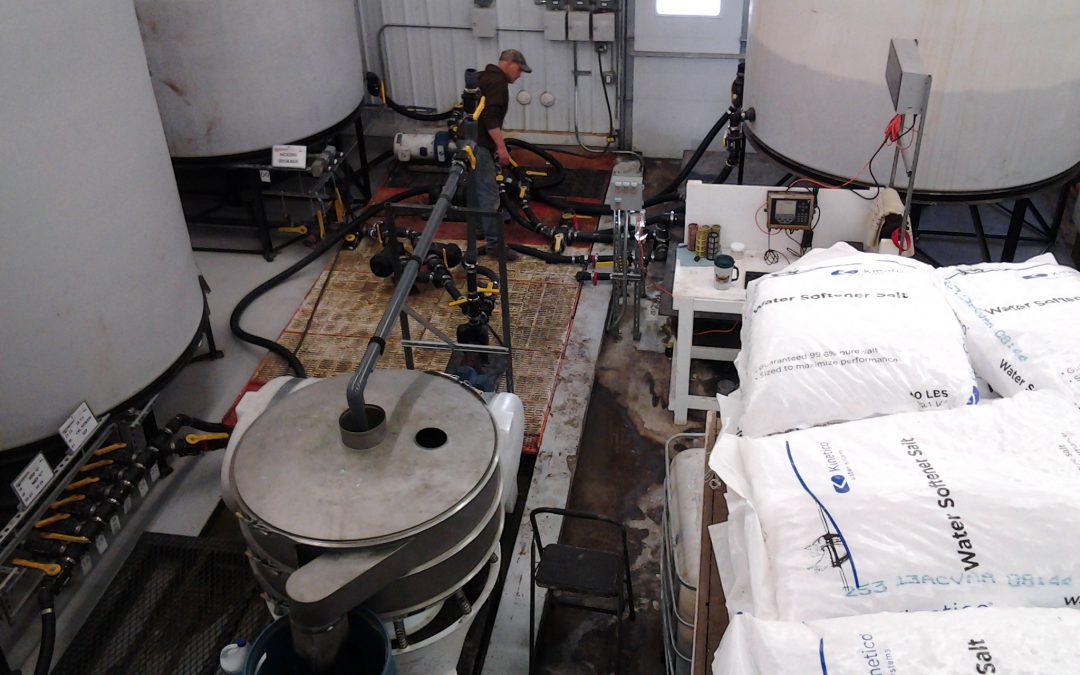
by Pedogenesis Inc | May 28, 2016 | Successful Farming |
Absorbing nutrition is necessary to sustain plant life and produce a successful crop. The soil and the plants we work with are living organisms. Put good nutrition into the soil environment and you can expect consistent positive return. Hydrogen in the water chemistry feeds all different forms of bacteria, fungi, and molds to help them as an energy source which creates organic acids that feed your plants root system.
Oxygen is another content that has been found to be extremely beneficial to the overall crop production. The oxygen content in the soil is the very thing that allows the ‘heartbeat’ in the soil to pound away creating incredible rewards! Soil is at its healthiest when the nutrients are plentiful and balanced with sufficient oxygen and water.
We have a program that will help you achieve healthy fertile soil and give you better quality as well as quantity. Our starter consists of 12-19 products customized to fit your needs whether you are Organic or Conventional. These products will help open up your soil to give it the oxygen it needs and help the water reach all the living organisms which feed your plants root system.
Benefits of starter:
– Increase crop yields and profits
– Improve crop quality
– Reduce fertilizer nitrogen inputs & improve its utilization
– Hasten germination and maturity
– Improve soil structure & infiltration
– Easy to use & inexpensive
– Does not need to be tilled into the soil
– Can be put on seeds
Call or email us for more information.
1-218-630-5531 Contact Us
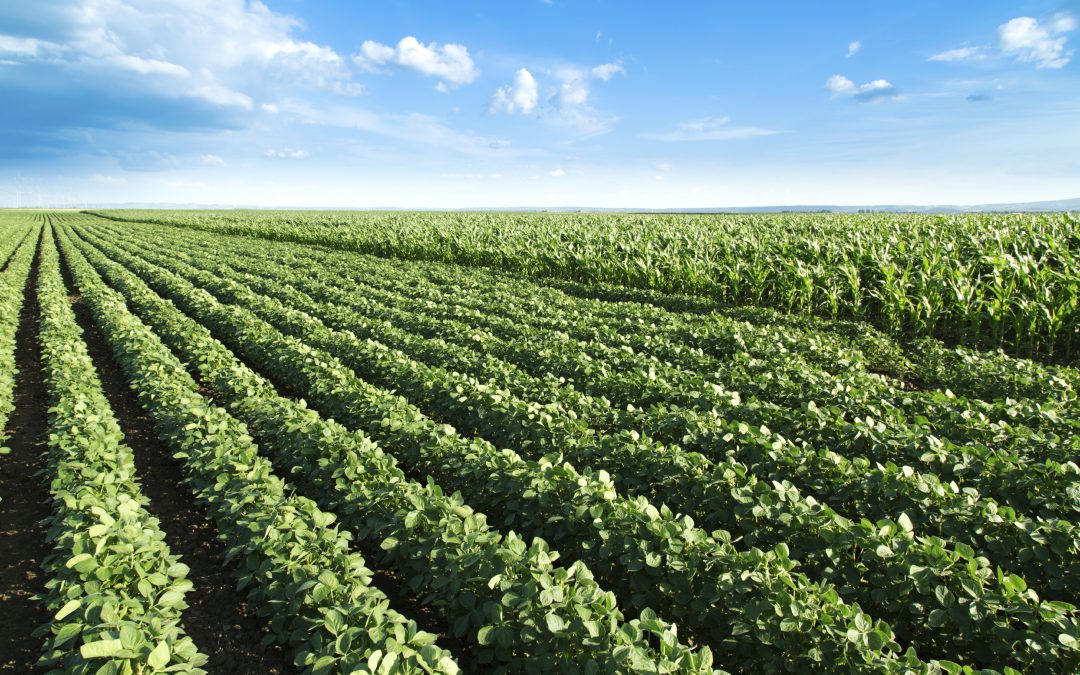
by Pedogenesis Inc | May 28, 2016 | Successful Farming |
Our goal is to provide a balanced fertility system that allows plants to achieve their full potential as well as deliver cost effective services and products without sacrificing quality and quantity.
For centuries we have farmed our land producing various types of crops for both human and animal consumption. Over the years we have steadily increased our crop yields and continue to pull the nutrients out of the soil without replenishing what has been taken. As owner and consultant of Pedogenesis Inc. my number one priority is to make sure our clients are getting the highest quality crop their soil can deliver.
My goal is to educate and train our clients on how fertility should be added to their soils so a good return can be predicted, expected and repeated! These tools will allow you to achieve steady returns on the dollars invested in fertilizers, while obtaining the highest quality and yield for your chosen crop. You need to justify the input cost of this program for your operation and this is only done with real numbers and real performance on your farm.
Call or email us for more information.
1-218-630-5531 Contact Us
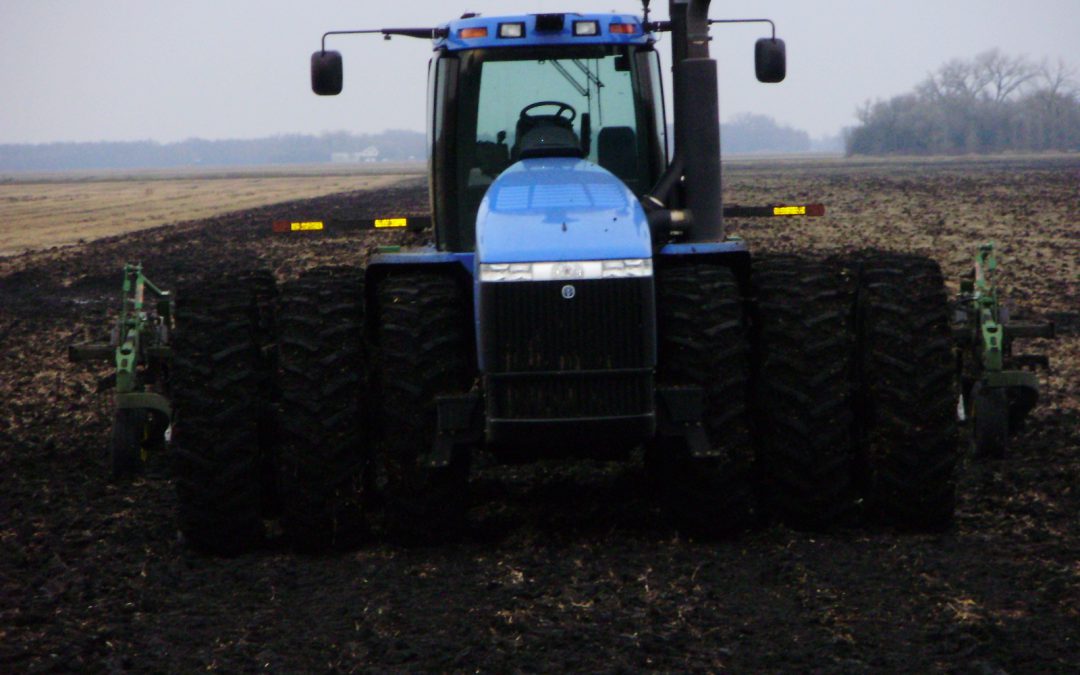
by Pedogenesis Inc | May 28, 2016 | Successful Farming |
Healthy soil is a living dynamic Substance! Soil is sand, silt, clay, air, water, minerals and organic matter crawling with earthworms, moles, grubs, centipedes, millipedes, snails, slugs, beetles, ants, fungi, insect larvae, bacteria, mushrooms and many other organisms. The “liveliest” soils are the best soils. Moles, shrews, mice, are some of the larger mammals along with millions of insects which spend at least part of their life cycles in the soil. Earthworms, sowbugs, mites, centipedes, millipedes and spiders also live in the soil. In addition, there are many organisms living in the soil that are so small that they cannot be seen without a microscope.
All of the organisms that live in the soil are such an important part of the continuous, natural process of decomposing organic materials and preparing the soil for future plant growth that we cannot talk about soil without including all of the living things. When organisms consume food, they create more of their own biomass and they release waste. The most important waste for crops growth is ammonium.
Of all the countless billions of organisms that live in an acre of soil, earthworms are perhaps the most significant group of larger organisms. Earthworms can range in number from a few hundred to more than a million per acre. They digest organic matter, recycle nutrients and can make the surface soil richer. Earthworm tunnels can have a positive impact by creating “macro-pores” to aid the movement of water through the soil. They also help incorporate organic matter into the mineral soil to make more nutrients available to plants.
So the big question is: Do your soils exhibit healthy activity that will greatly benefit your crops?
Call or email us for more information.
1-218-630-5531 Contact Us
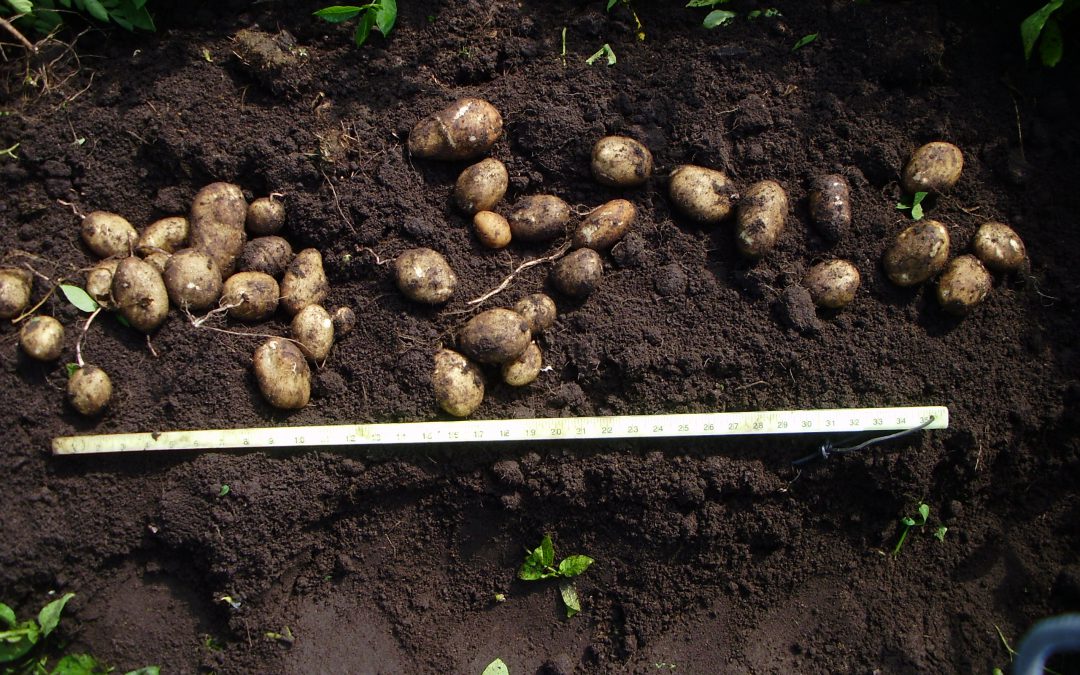
by Pedogenesis Inc | May 28, 2016 | Successful Farming |
You probably don’t give much thought to the soil in which your food grows. If you care about the nutritional value of your tomatoes, potatoes and peas — and, more generally, if you care about your health — that dirt probably deserves a good deal more consideration than it’s currently getting.
New studies are confirming what soil-savvy farmers have suspected for years: The nutrient levels in food are directly linked to the nutrient levels in soil. Today, nearly 95 percent of American farmland is conventionally farmed. Conventional farmers are leaning heavily on chemical fertilizers, specifically three major plant nutrients (nitrogen, phosphorus and potassium) that encourage growth, but can simultaneously downgrade the crop’s nutrient potential.
“The problem is that farmers are paid for quantity, not quality,” says Charles Benbrook, chief scientist at The Organic Center, Boulder, Colorado. This arrangement produces a dangerous cycle: farmers use excess nitrogen to make crops grow faster and larger, but this also increases the plant’s’ vulnerability to pests and disease. Weaker plants require the use of more chemicals, which in turn leach even more nutrients from the soil.
It’s not just the soil and plants that suffer losses. We suffer, too — both because our bodies are getting less nutrition and because this provokes yet another vicious cycle: “When your body doesn’t get the right nutrition, it just keeps asking for more food,” says Ingham. The key, says Benbrook, is to think about farming as a biological process instead of a “chemical-management process.”
Call or email us for more information.
1-218-630-5531 Contact Us






